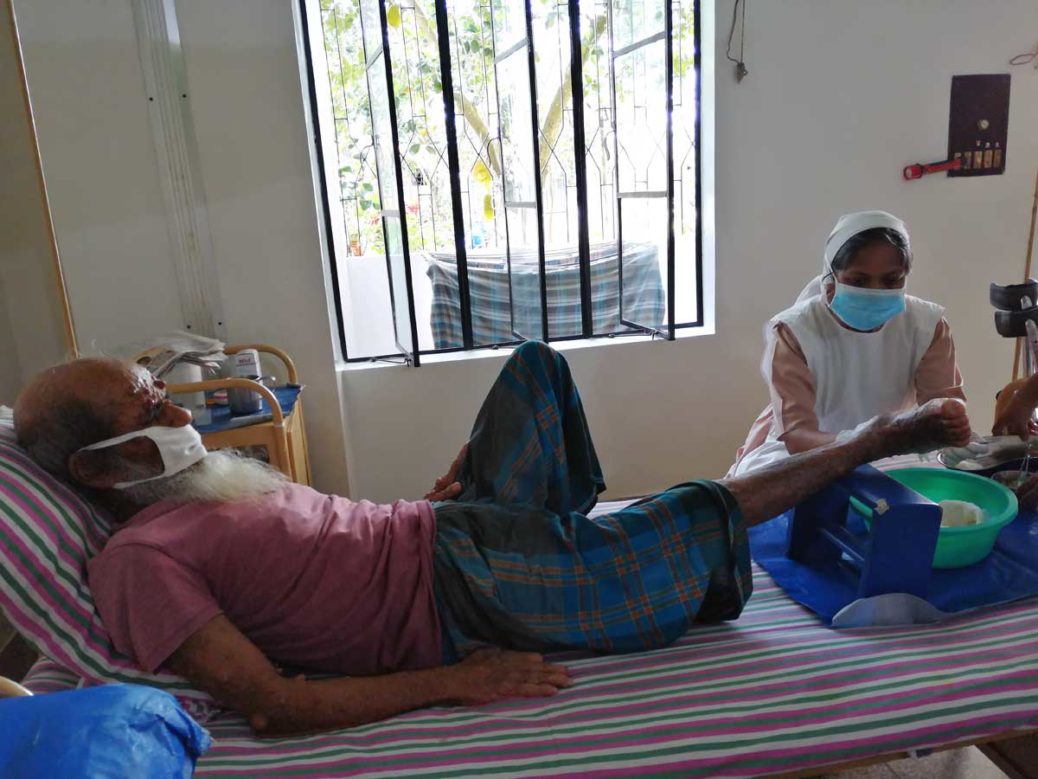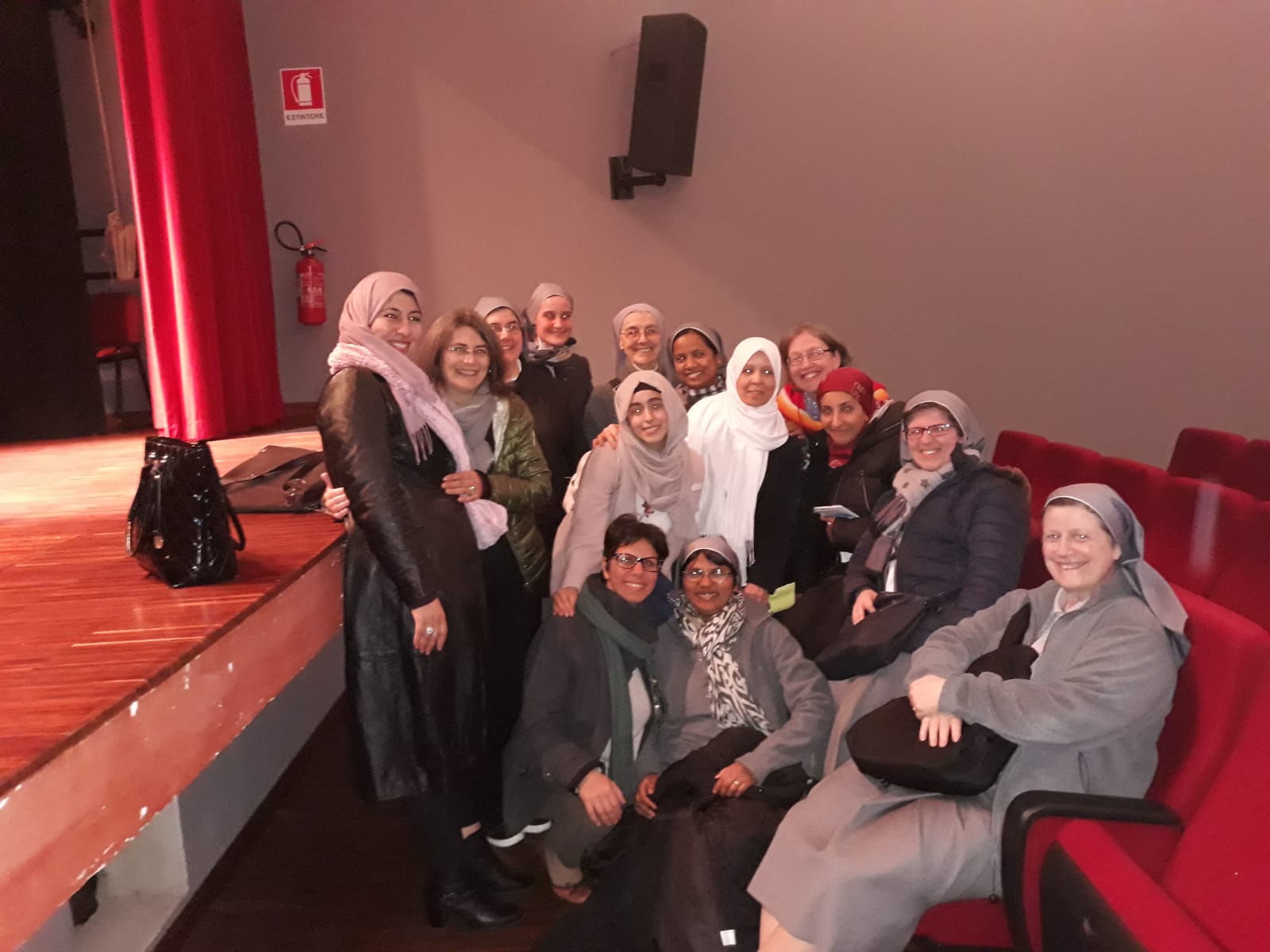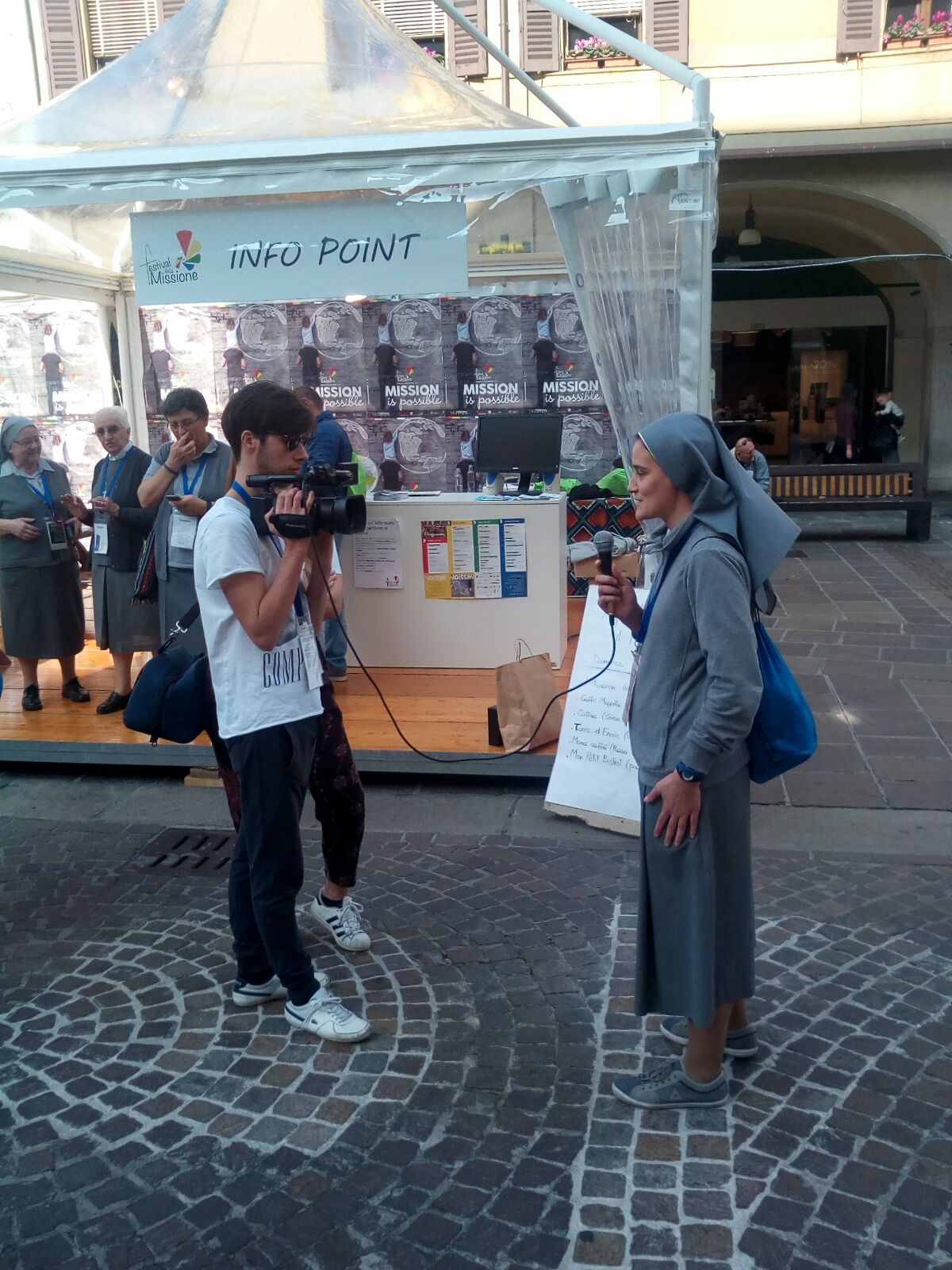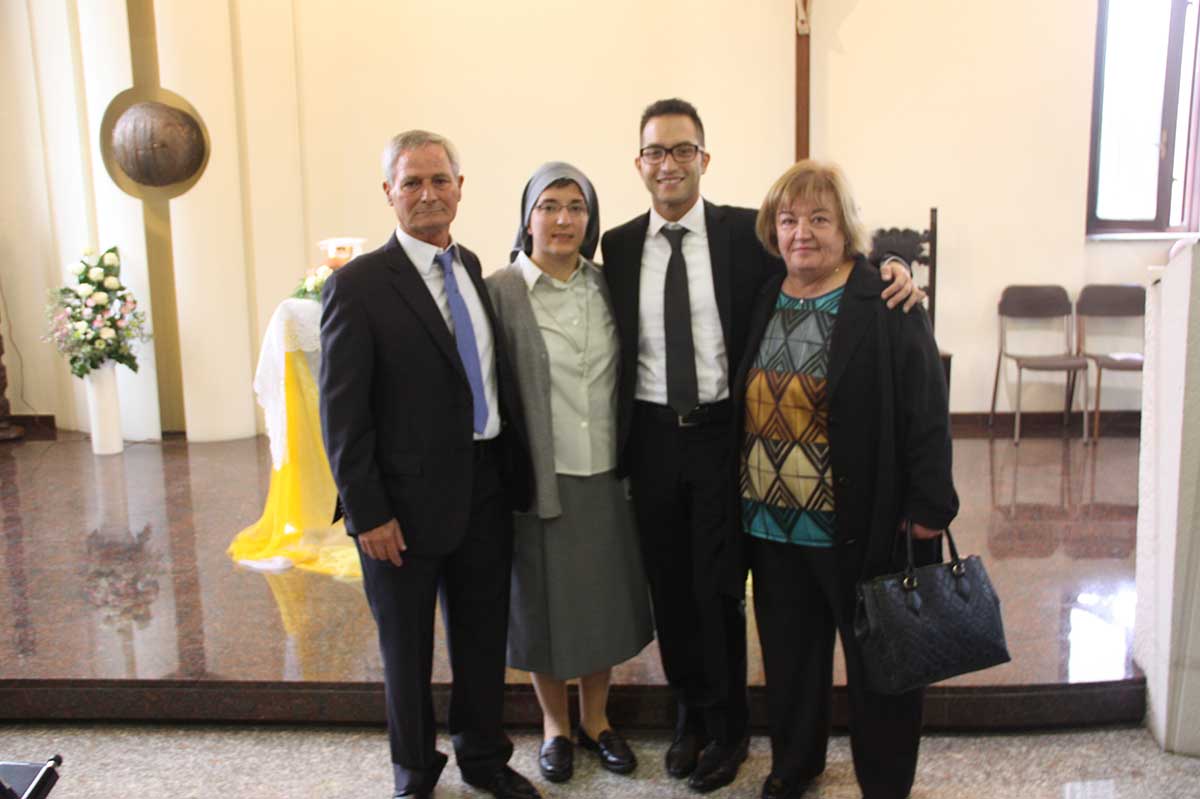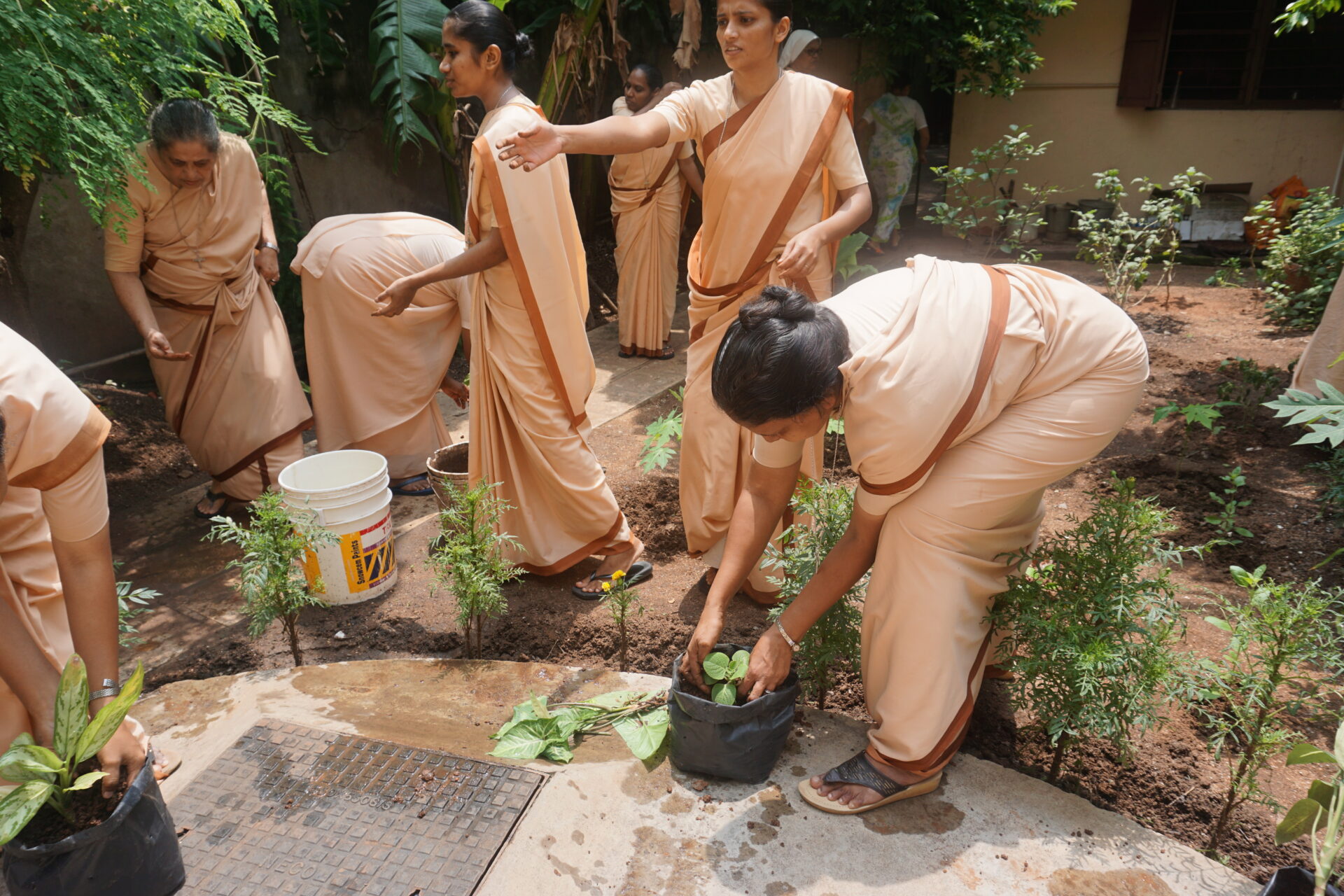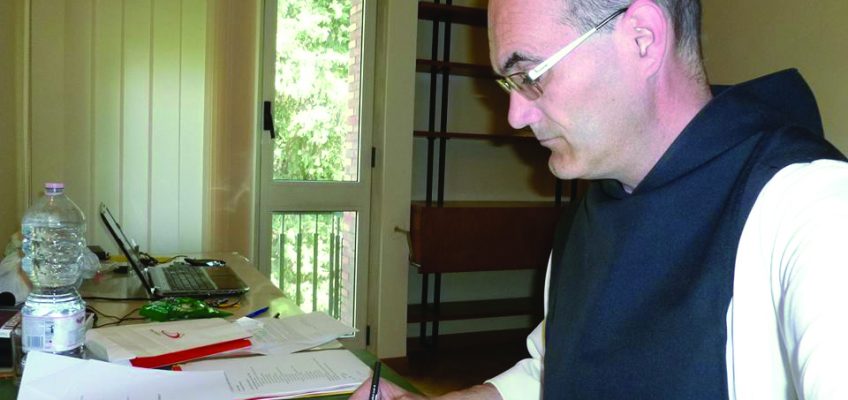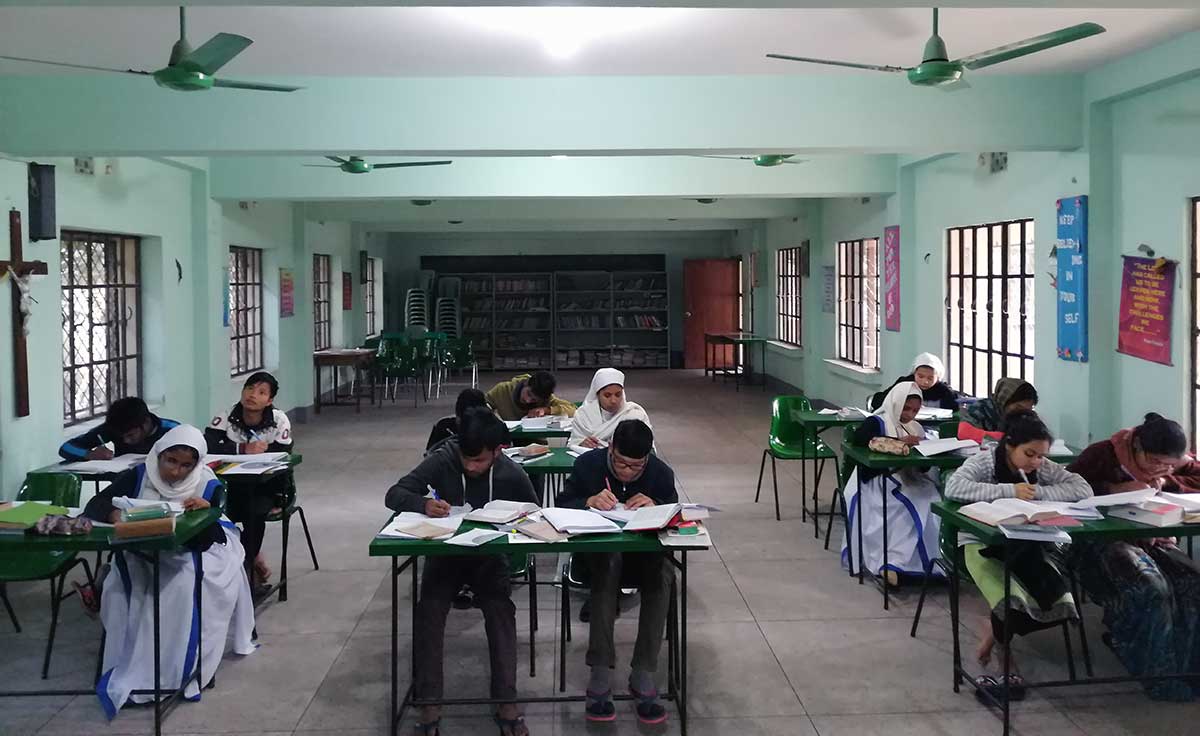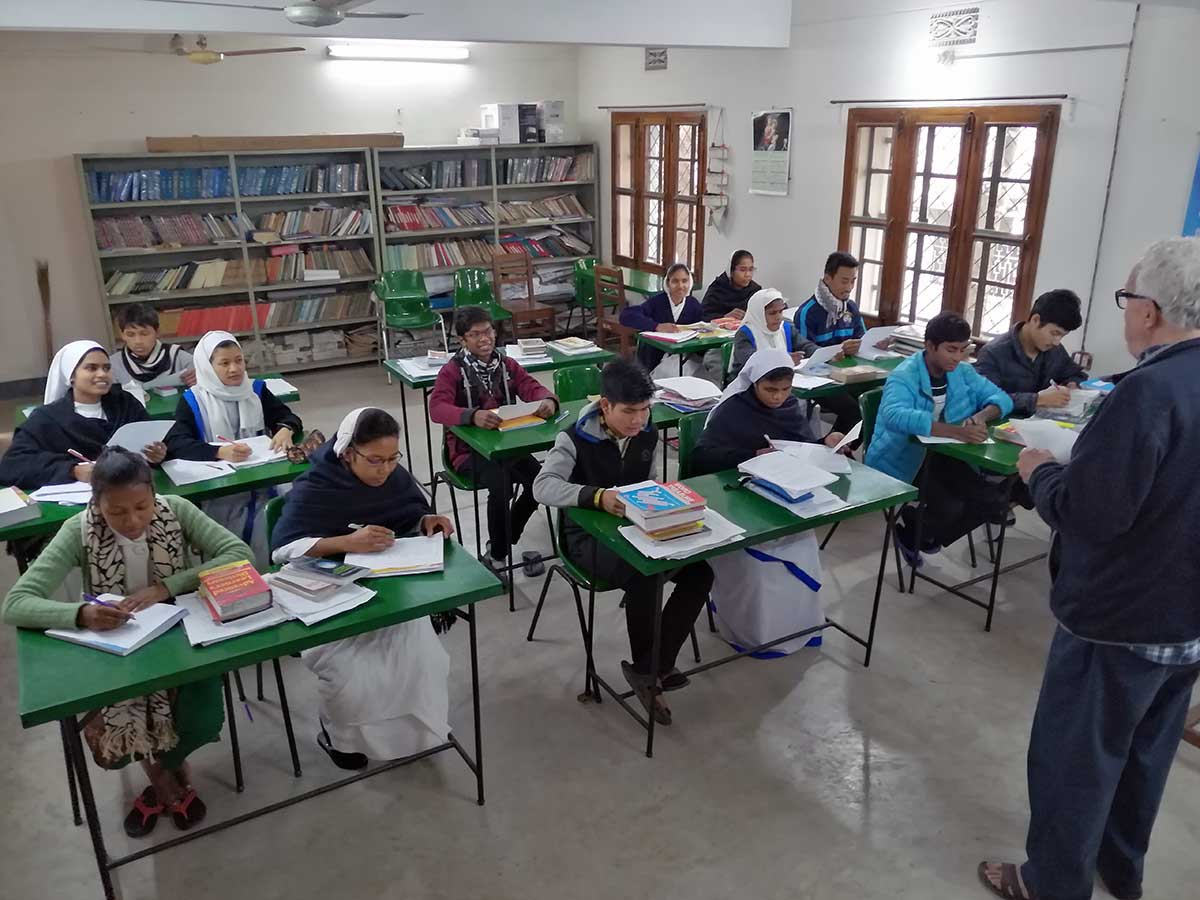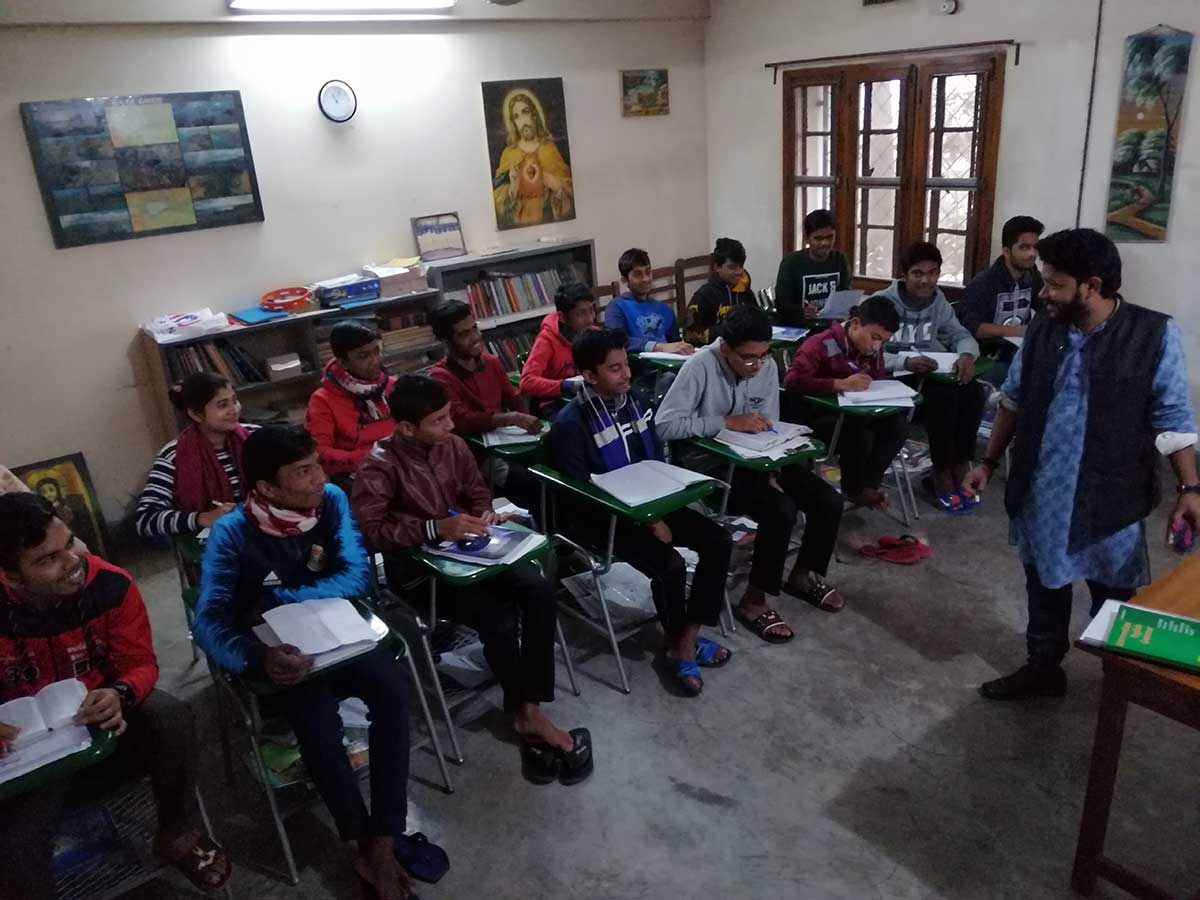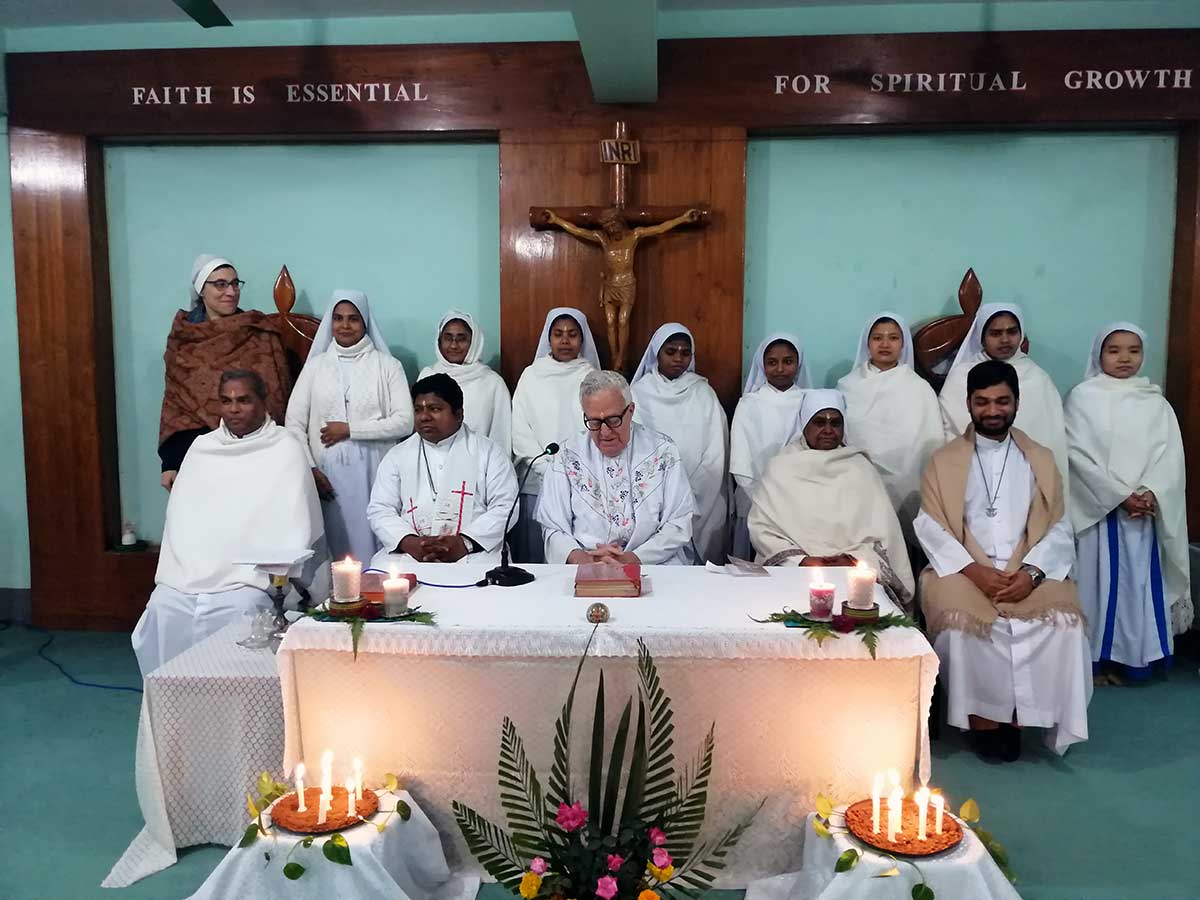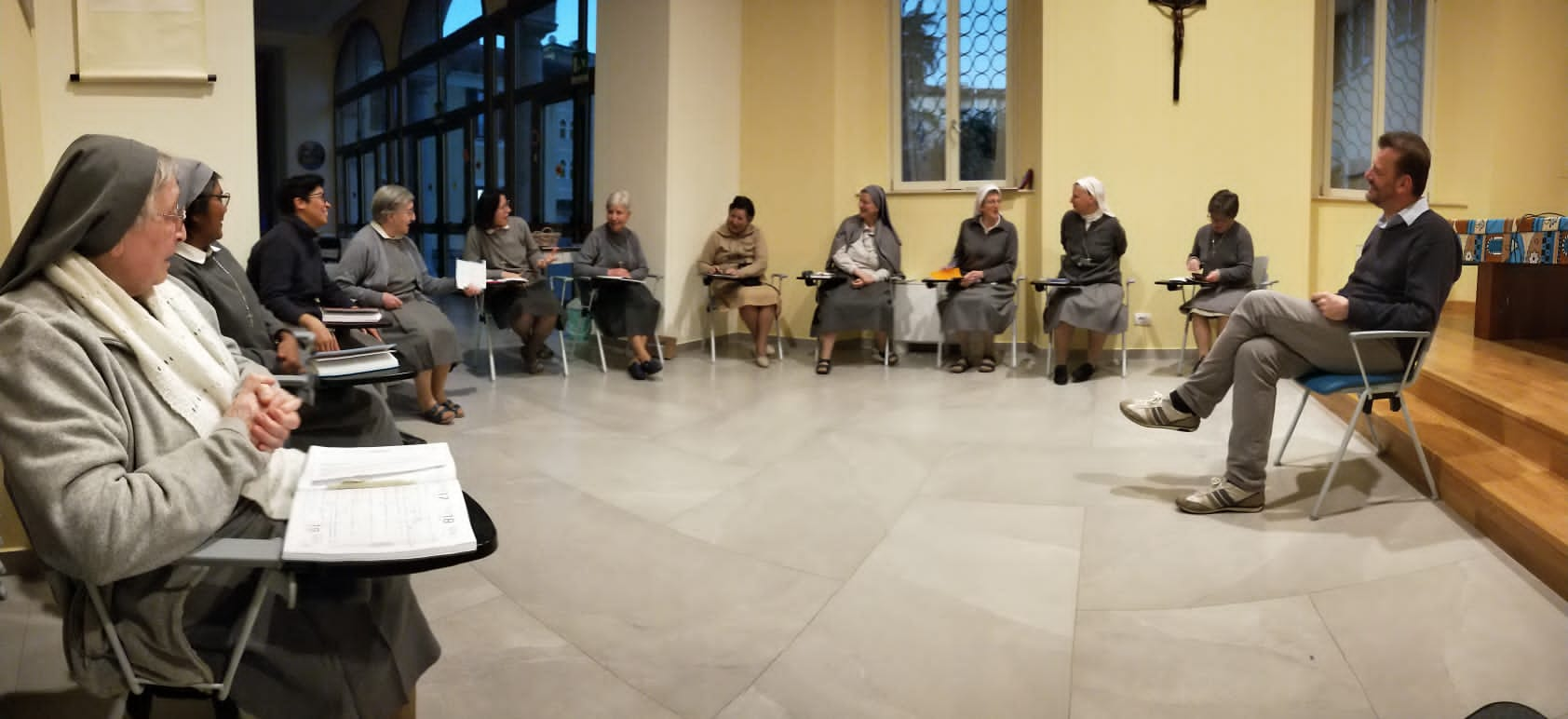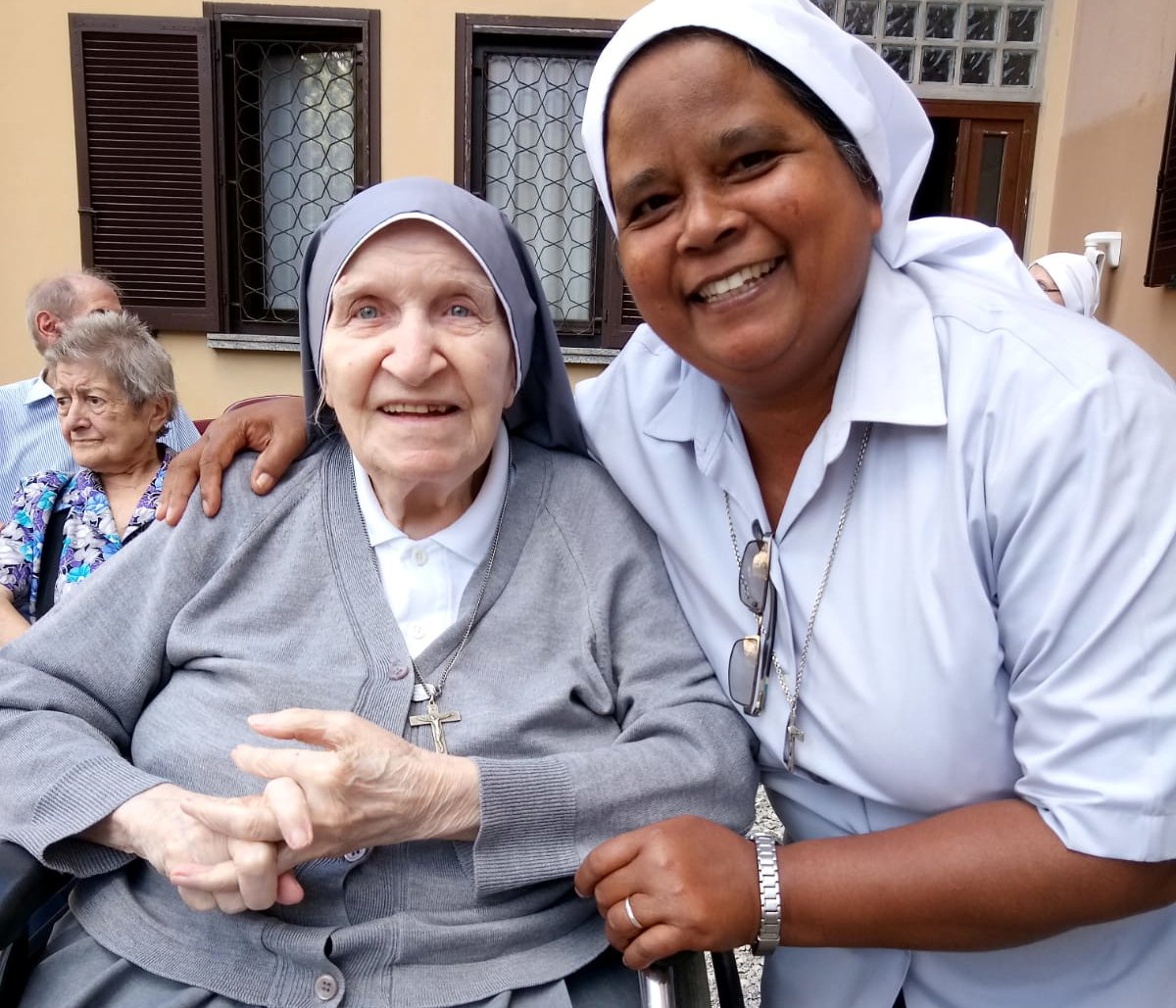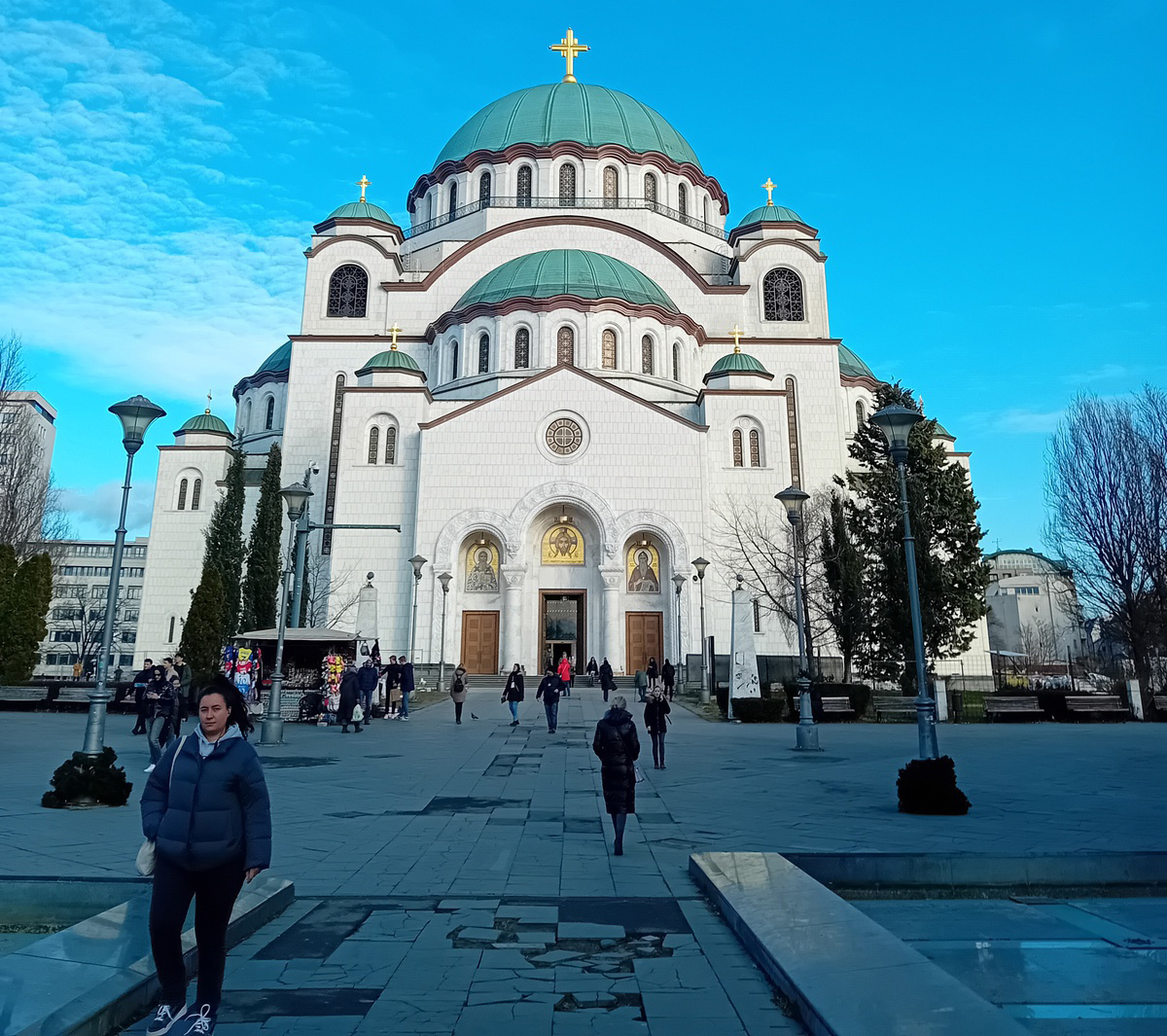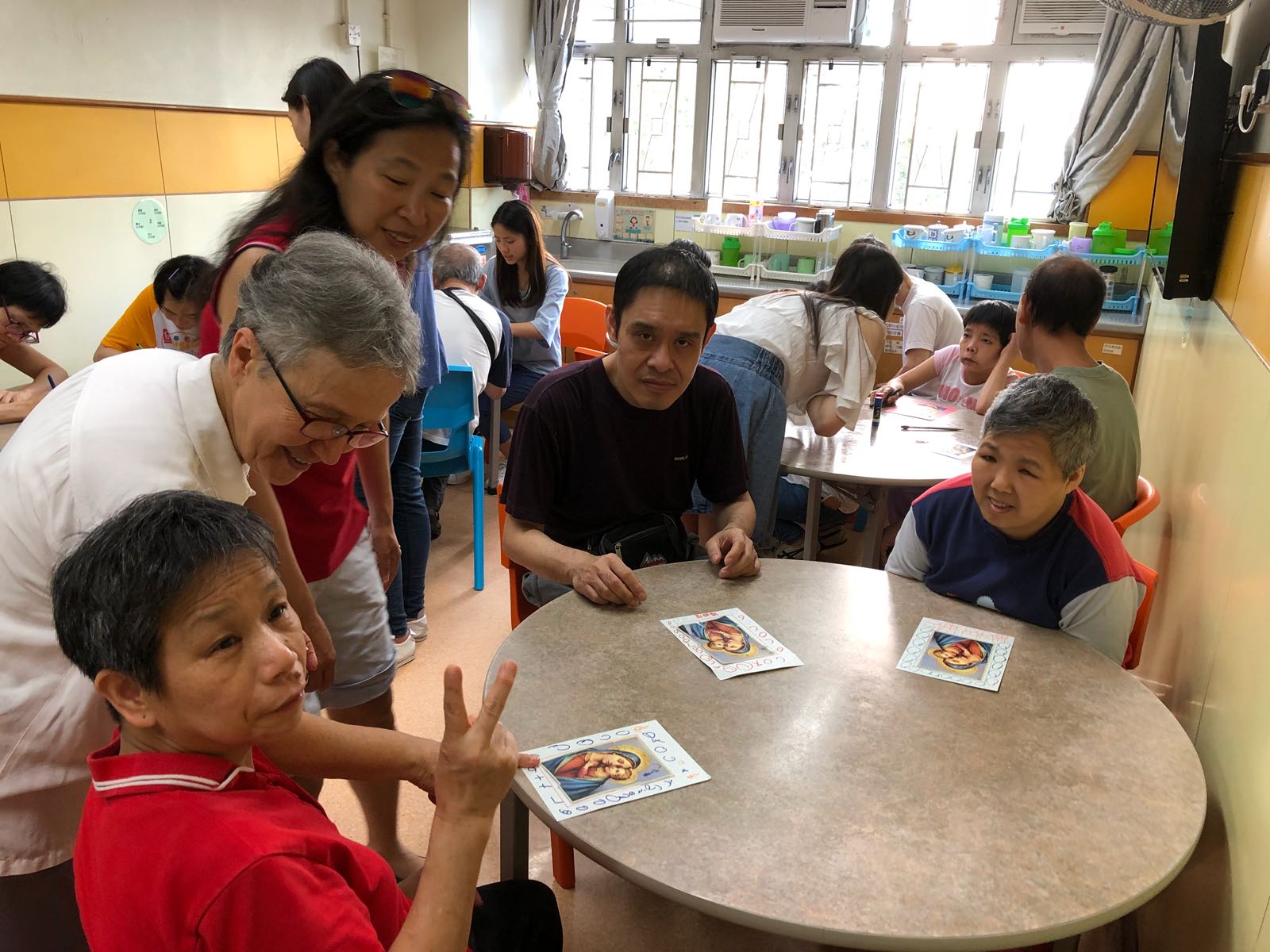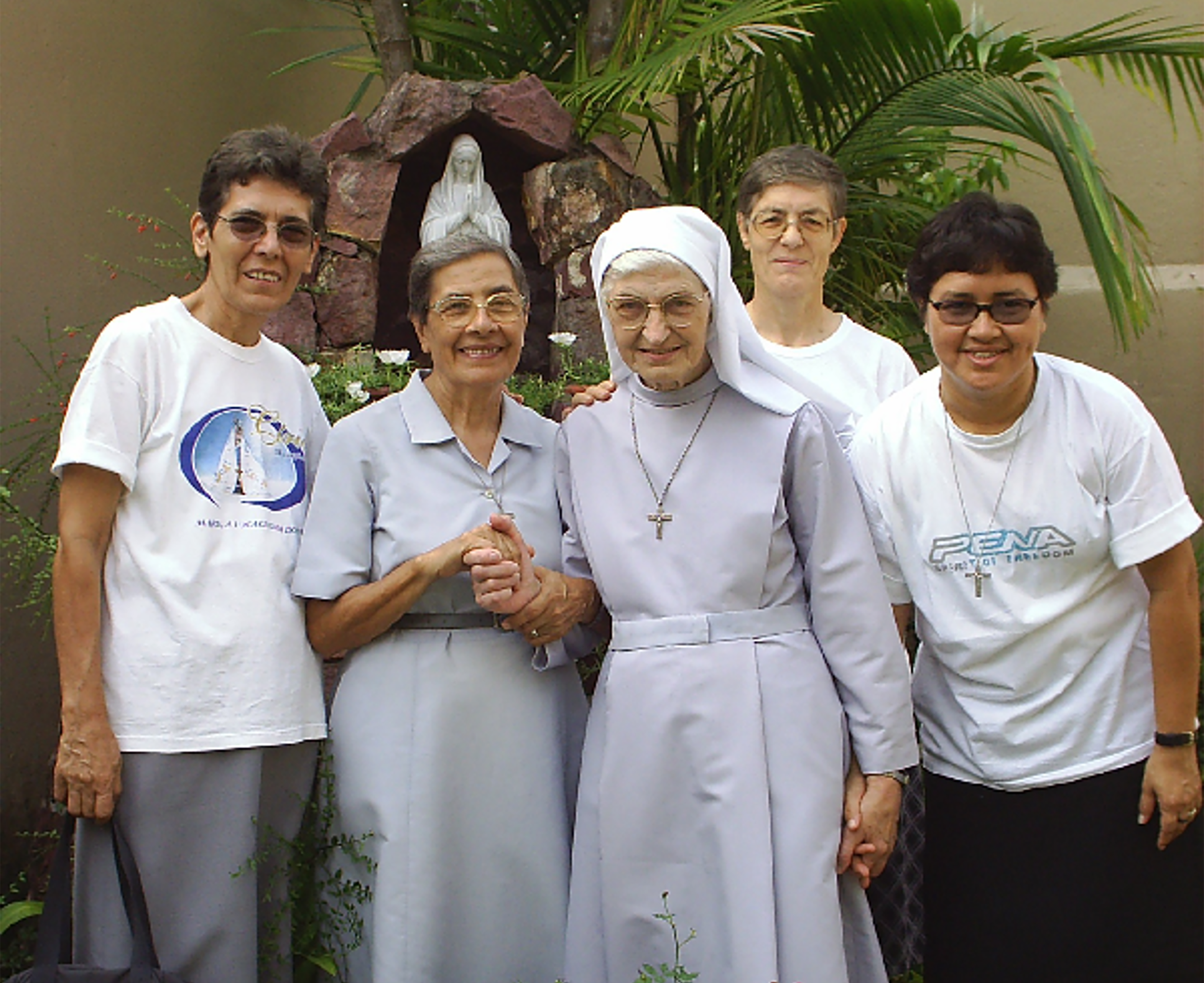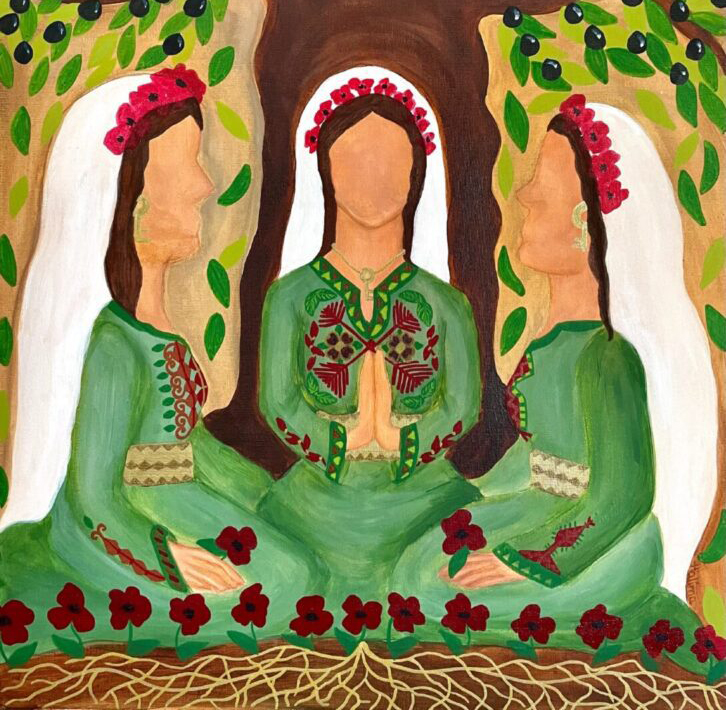Today we have the possibility to read the experience of a young missionary, sr. Sushma Kalyani Aind, from Siliguri Province.
She was born in the North of India and in the different steps of her journey of formation all along India she has changed many places and languages. On the 24th of May of 2015 she has been destined to Bangladesh, her mission land, where she has lived since the 10th of March 2018.
- How you can describe your journey of inculturation in the mission? In which way has been easy to accustom yourself to the new place and culture, and in which way has been difficult?
I can say that, since I joined, ‘inculturation’ has been a reality in my life. Coming from a tribal context, also Siliguri for me was a different reality, both for culture and language. Consequently, this has been for me the first place where to practise to deal with different cultures and also to understand myself and my reactions. Since my childhood I’m a little used to speak different languages, because in my area different local languages are spoken, and I’ve always tried to prove myself in learning. It has always been my concern in approaching the mission to learn the language very well, in order to be able to communicate with everybody. I really understand the importance that language means for the people we are sent to.
When I finally came to Bangladesh, my mission land, I was not new to the idea of meeting new people and new languages, thanks to the graces and opportunities had during my formation. I was also a little advantaged because I could understand what the other were saying, even though I was obviously not yet able to answer. This increased in me the enthusiasm and desire to learn fast Bangla, in order to be able to answer and dialogue with people soon. I studied Bangla in Khulna – Khalishpur, in the south of Bangladesh and after a few experiences in other communities I have been sent in Khulna – Boyra to work as a nurse in our hospital for leprosy and TBC patient.
Even though I had studied and after that improved my working experience in India, this responsibility at first created in me a little insecurity, I was thinking inside myself: ‘Will I be able to work efficiently in a big and organised hospital, in a new land, speaking a new language?!?’. I sincerely have to thank God because in my journey I found much help and I never felt alone, together with sr. Shopna Cruze (the Bangladeshi msi sister that was in charge before me and introduced me to the work), sr. Roberta Pignone (msi sister, the medical director of the hospital) and all the personnel, that gave me an hand whenever I needed.
From my point of view inculturation means also to understand a new style of working, to insert ourselves in new necessity and needs. In fact, here in Bangladesh, because of the serious lack of doctors in many villages and rural areas, our msi sisters as nurses in the dispensaries frequently find themselves doing every kind of work, more than what is strictly asked to a nurse, as I could see in my little experience working them.
- According to your experience, which are the most important elements for a truly missionary way of living?
To accept and understand one’s life, for me the first thing that is absolutely necessary is to understand who I am. If I know clearly my identity as a missionary, I have to be ready for every kind of work or to respond at any necessity, and also ready to go in anyplace: a missionary is always ready, ready to accept, to leave. This word ‘ready’ means for me be capable to adapt with the food, the language, the society, but also to accept to sacrifice something of ourselves…These words I remember clearly from sr. Lucy de Mello, the sister that was in charge of our formation in India (now missionary in Algeria): ‘In the dictionary of the missionary there isn’t the word NO!’
Secondly, I think another important element for a missionary is to demonstrate, feel and enjoy love with the place in which you live. As a missionary I know I came because of Jesus, because the Lord destined me and sent me here, among this people. Maybe nobody can now understand me or I am not completely understanding them, but at least I can demonstrate my love for them. This love and joy can be witnessed with small things as a smile or simple gesture of kindness, care and attention to the people.
Last but not least, the foundation of every missionary experience has to be prayer and faith, as Father Manna – PIME, the inspirer of our charism, used to say, one missionary without prayer is not a true missionary.
- What kind of advice will you give to a new missionary that is coming now into his/her new dreamed land of mission!? Which kind of choices and attitudes can help him/her to enter easily in the new context?
By now I had only a little experience here in Bangladesh, but I can say that the first important thing is to be convinced of ourselves and to be convinced of our vocation. A new missionary in moments of joy and despair has to remember him/herself: ‘I am here for Jesus, and not for myself’. Difficulties and challenges can come, but we can always say with the words of the Gospel that ‘it is good to bear his yoke, and his burden is light’ (cfr. Mt 11,30).
The second advice I feel to share is from the experience of another Indian sister, sr. Lizzy, who used to tell us that in our approach to the new mission first we have to look and listen carefully and then slowly slowly insert yourselves . She used to say: ‘You can have many ideas but you have to sacrifice a little bit of yourself and first of all try to see how they are doing, what they are thinking, which is their way to solve problems…We are being sent there for them and with simplicity and humility we can step by step learn from our mistakes’.
Thirdly, I think that the feeling of belonging to another culture and another country, starts above all from an inner determination. It is a work that has to start from me and continues within me. In order to feel myself part of the community, the first effort has to be done from my part. In my experience in Bangladesh I found that this attitude of encouragement and support is inside the culture, and this is a good point for us missionaries, that can help us a lot, but this alone can’t sustain our vocation. The certainty of being part of the people and of being a member of a new family has to start from me.
- Tell us one sentence or quotation (from the bible or other) that can summarize and express your point of view or your experience.
Since you are precious and honoured in my sight,
and because I love you,
I will give people in exchange for you,
nations in exchange for your life.
Do not be afraid, for I am with you.
(Is 43,4-5)
During the time of my formation I fell in love with this quotation. It represents for me the certainty of the love of God for me. Even or especially in the moments in which I realize my mistakes and weaknesses, that is the opportunity to really and fully appreciate the love of God for me, gratuitous and forgiving.
- Tell us one episode or fact in these years of inculturation that has been very important for you to understand the new culture.
The contact and relationship with the patients is the centre of my activity as a nurse. Many time when I stay with them for dressing and to give medicines or food I try to speak with them to express my care, also giving time for them to speak and share. One day it happened that a patient told me; ‘sister, is very nice to listen to you, May I ask you a question?’ And again, looking and pointing at one picture of Jesus on the shelf he asked: WHO IS THAT PERSON?’. In a second I felt completely freezed. We live in a muslim country, we work in the name of Jesus and we live everything for him, even though we can’t speak about Him. It’s not common to receive a question like this. I had the courage and the grace to answer: THIS IS OUR GOD, WE BELIEVE IN HIM AND WE HAVE PUT HIS PICTURE HERE SO HE CAN LOOK AT YOU AND HEAR YOU, YOUR NECESSITY AND NEEDS. The patient then asked me to pray together, as he used to see us doing every morning before work with the staff, and in that moment we prayed together. I am grateful to God for this little experience, because It always reminds me that my life is the first proclamation of him and the first witness to his love for others.
sr. Sushma Kalyani Aind, Bangladesh Province


